South Korean President Yoon Suk Yeol on Wednesday rescinded his controversial martial law declaration, less than a day after imposing it, following overwhelming backlash from lawmakers, protesters, and global allies. The unprecedented move, the first martial law in over four decades, sparked massive protests and left the nation in political disarray.
Yoon had cited threats from North Korea and alleged "anti-state forces" to justify the decision late Tuesday night. However, opposition lawmakers stormed the National Assembly, defying security forces to unanimously vote against the measure, forcing Yoon’s government to retract the order early Wednesday morning.
Backlash Calls for Yoon’s Resignation
Opposition leaders and protesters called the martial law attempt an "insurrection," demanding Yoon's immediate resignation. South Korea’s largest labor union announced an indefinite general strike, and even members of Yoon’s own People Power Party condemned the move, with some calling for accountability.
"Yoon's decision to impose martial law without legitimate cause is a grave betrayal of democratic principles," said Lim Myeong-pan, a protester who rallied overnight near the National Assembly.
The president's approval rating had recently plummeted to 19%, with criticism over his handling of economic issues and personal controversies involving his wife.
International Allies Express Concern
Yoon’s martial law declaration caught South Korea’s allies off guard, including the United States, which stations nearly 30,000 troops in the country. U.S. Secretary of State Antony Blinken welcomed the swift rescindment, emphasizing the importance of resolving political disputes through democratic processes.
China urged its nationals in South Korea to remain calm, while the United Kingdom stated it was monitoring the situation closely.
Political Future in Jeopardy
The turmoil has left Yoon’s political future hanging by a thread. The opposition-controlled National Assembly has hinted at possible impeachment proceedings, while Yoon’s own senior aides reportedly offered to resign en masse.
As protests continued in Seoul, many observers noted the enduring strength of South Korea’s democracy, with Vladimir Tikhonov, a professor of Korean studies, commenting, "South Korean civil society has shown it will not tolerate authoritarian overreach."
The events mark one of the most significant crises in South Korea’s modern democratic era, with potential ripple effects for domestic politics and international relations.



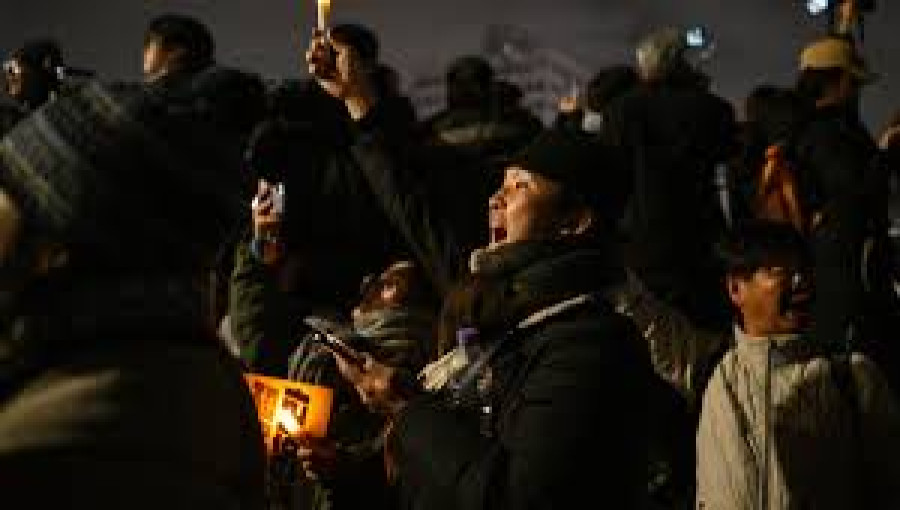
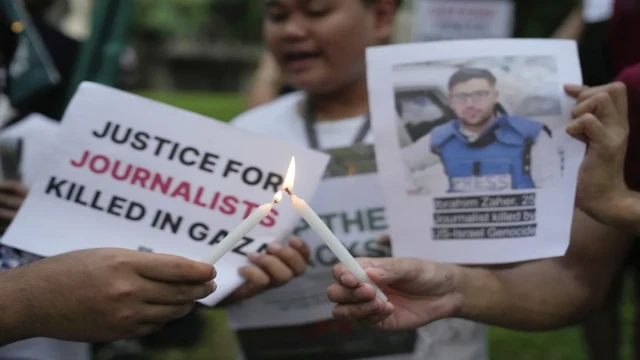
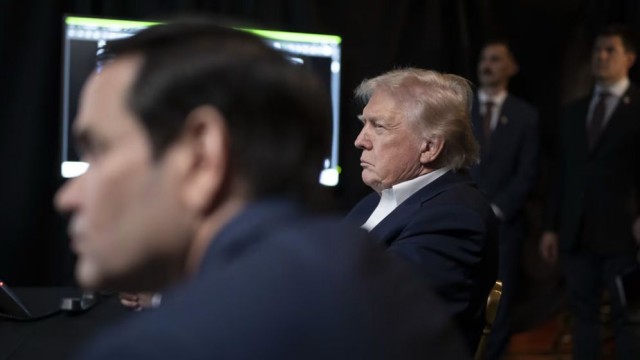
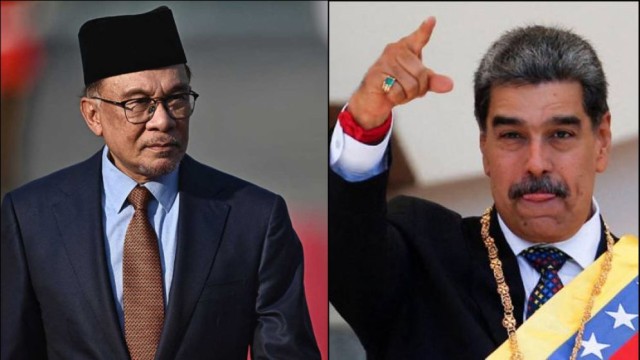
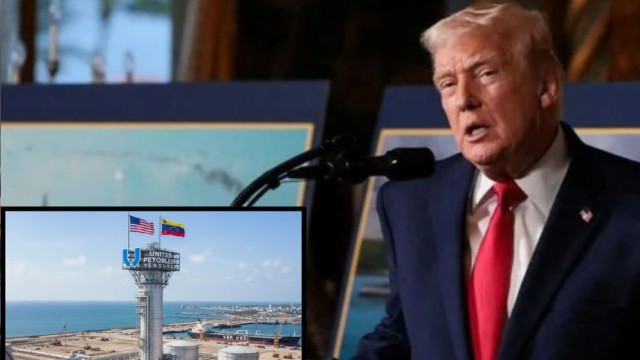
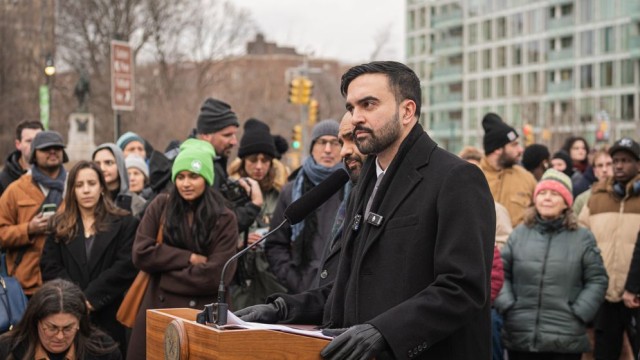

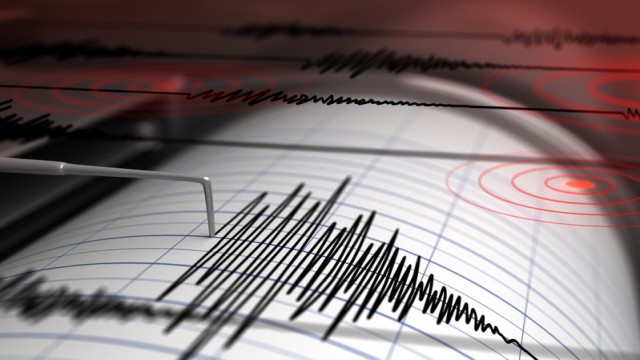
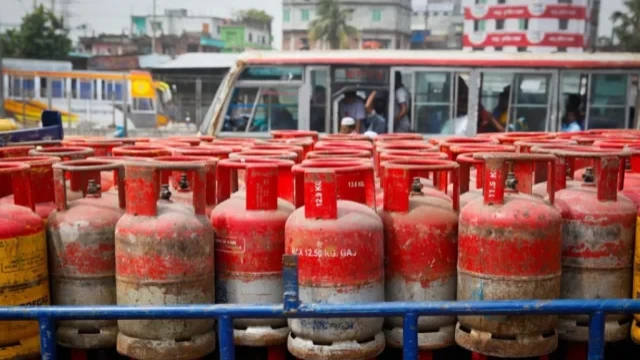
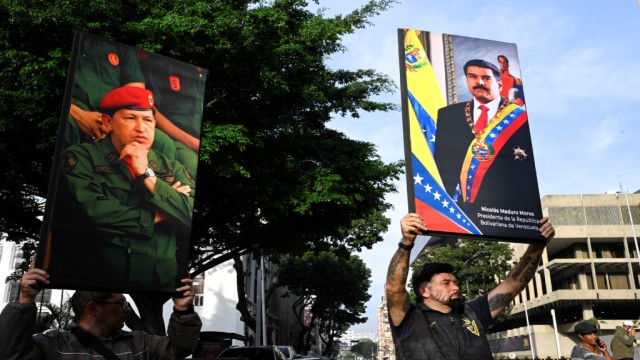
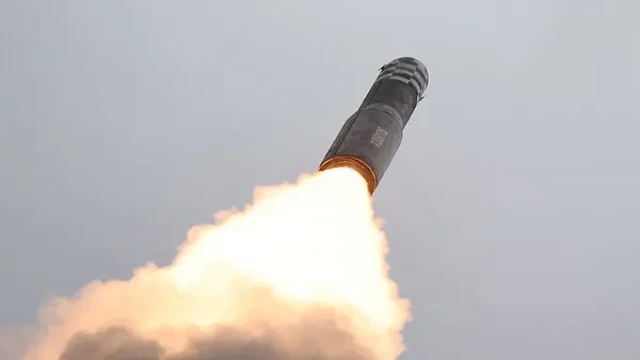
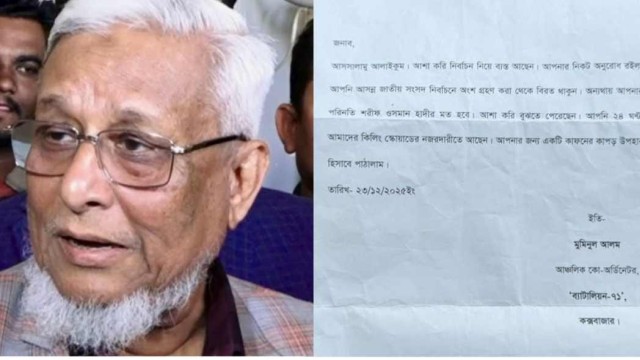
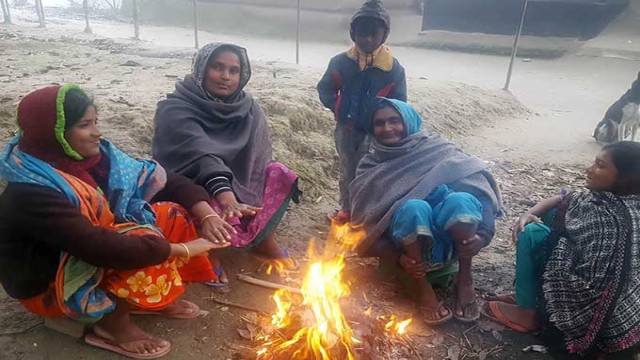
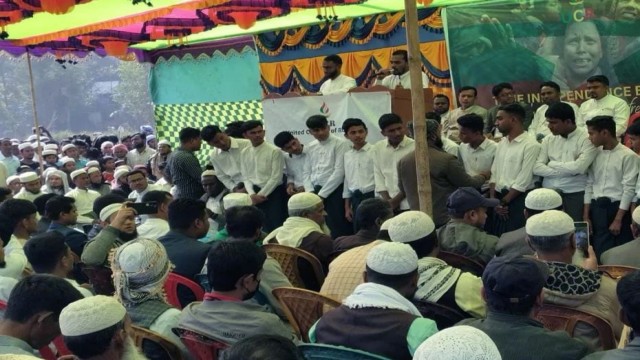



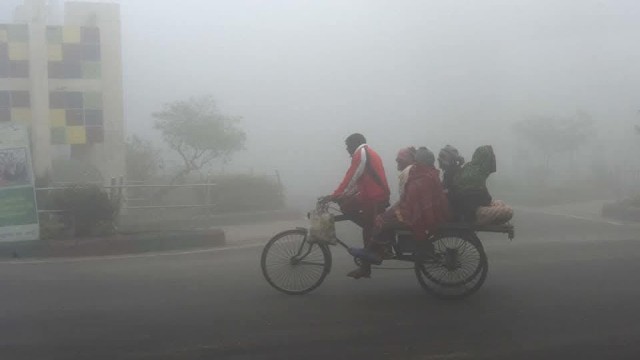
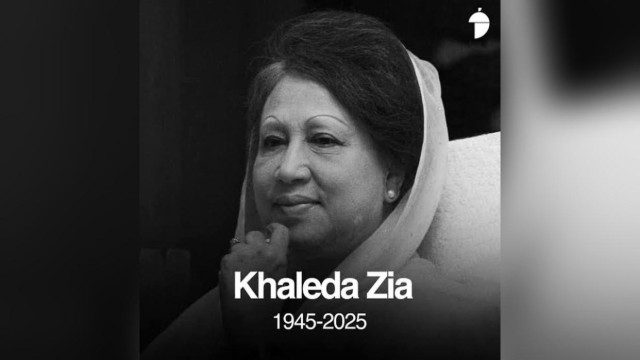

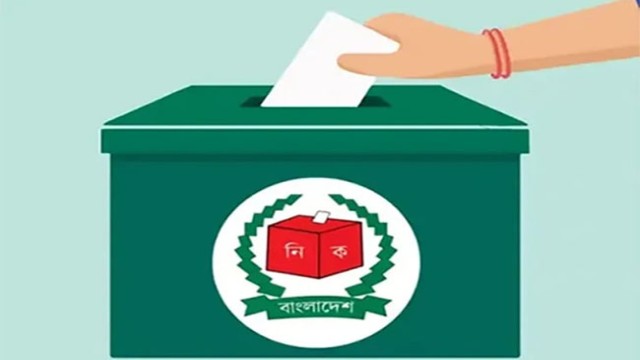


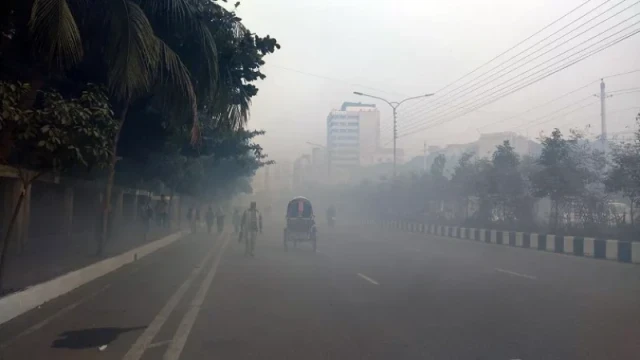
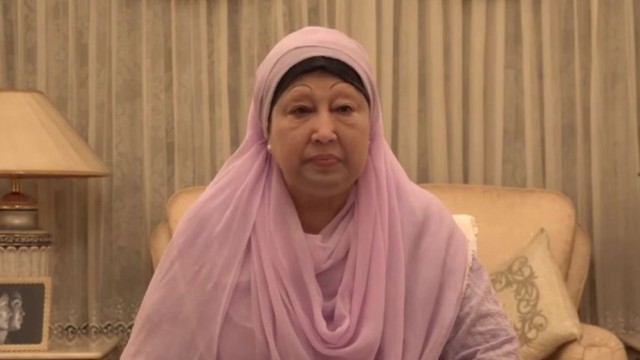
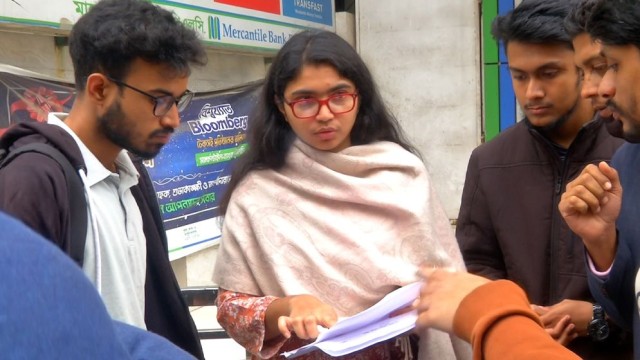

Comment: